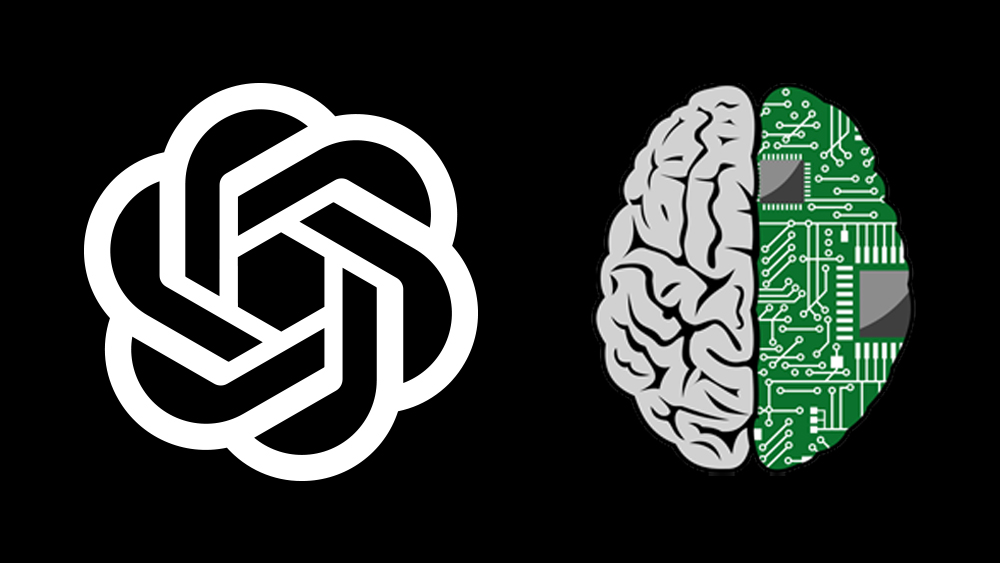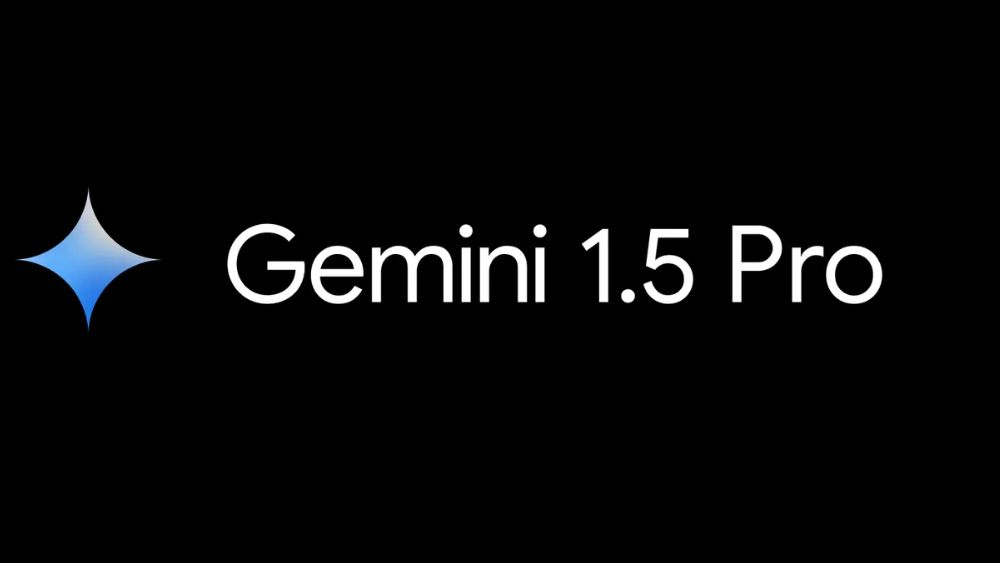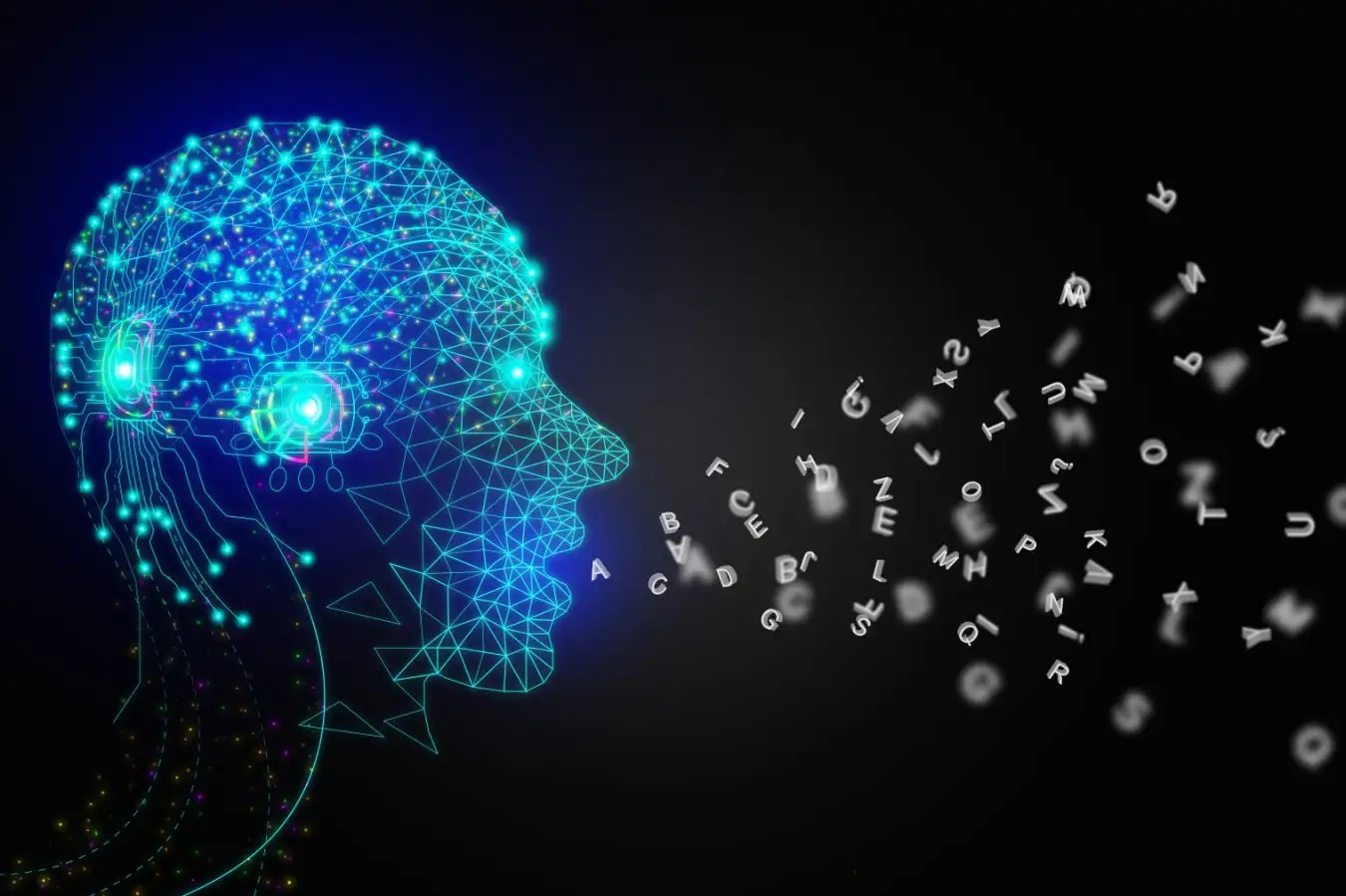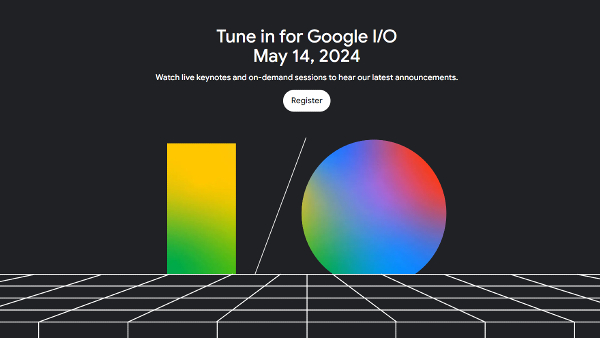Get ready to have your ChatGPT experience elevated to a whole new level.
OpenAI recently made headlines with its big announcement introducing memory and new controls for ChatGPT, promising to revolutionize how we interact with AI.
But what exactly does this mean for the future of AI-driven conversations and personalization? Let’s break it down.
Imagine being engrossed in a conversation with ChatGPT, and suddenly you realize that it remembers more about you than your best friend. Well, that’s the power of the new feature.
OpenAI is testing ChatGPT’s ability to remember past conversations and use that knowledge to make future interactions more personalized and helpful.
This feature, currently being tested by a small group of free and plus users, allows ChatGPT to remember specific details, leading to more tailored and useful conversations.
But hang on – don’t want ChatGPT to remember everything?
You’re in control of ChatGPT’s memory. You can explicitly tell it to remember something, ask it what it remembers, and even tell it to forget – conversational autonomy at its finest.
How does it actually work?
Well, as you engage in conversations, you can train ChatGPT to remember certain details, preferences, or information, and it gets better at this over time, adapting to your needs and desires.
For example, if you prefer specific details in your meeting notes or have a penchant for jellyfish-themed birthday cards, ChatGPT will have your back.
There’s also good news for business owners, teachers, and basically everyone else.
If you’re running a business, imagine being able to streamline monthly business reviews by securely uploading data to ChatGPT, which then magically transforms it into your preferred charts and takeaways.
And for educators, ChatGPT will remember information about your students, making lesson planning a breeze.
But what about privacy and sensitive information?
OpenAI has assured users that sensitive details like health information won’t be remembered unless explicitly requested.
And the best part?
You can view, delete, and control these memories, ensuring that you’re the ultimate gatekeeper of your data.
The implications of OpenAI’s latest move are extensive. With AI becoming an integral part of our daily lives, the ability to customize and personalize our interactions with ChatGPT sets the stage for a new era of AI-driven conversations.
It’s not just about remembering; it’s about understanding, adapting, and, most importantly, putting you in charge of the experience.
OpenAI’s approach to transparency and user control is commendable, setting a new standard for the responsible development and deployment of AI technologies.
The intentional focus on user agency and the safeguarding of sensitive information underscores the importance of ethical AI practices, paving the way for a future where AI enhances human interactions while respecting individual privacy and preferences.
So, what’s next?
As OpenAI gears up to roll out this feature to more users, the prospect of having a personalized AI assistant tailored specifically to individual needs is closer than ever.
While the landscape of AI continues to evolve, OpenAI’s commitment to user control, transparency, and personalization sets a significant precedent for the responsible and ethical development of AI technologies.
One thing’s for sure: the future of AI conversations is looking brighter, more personalized, and a whole lot more intelligent, thanks to OpenAI’s latest innovation.
The transformation of ChatGPT into a memorable, helpful, and personalized AI assistant is well on its way, and we can’t wait to see where it takes us. Exciting times are ahead!









